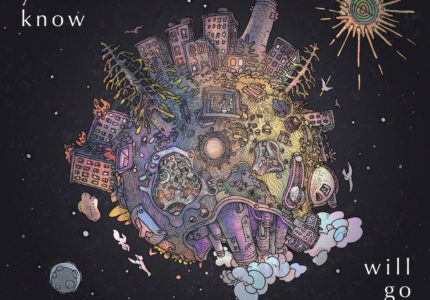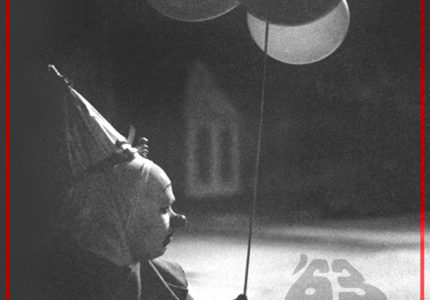Mariel Loveland has been busy. Sequestering herself to her room at the tail end of her college career, and armed with a guitar, the artist wrote twelve tracks as a response to the immense left-hand turn her life was about to make. Writing an entire album requires work ethic, but she takes the Getting Things Done trophy for writing the guitars and vocals for said piece, forming a band to round out the songs, creating album art and more that I’m probably not even aware of. As the band Candy Hearts, Loveland and friends tackle the duality of the chapter coming to an inevitable close on joyous, fun times and the fear of not knowing what the future will hold – whether it be loss or new beginnings – all wrapped in candy coated shell (pun may be intended).
Loveland’s weaves personal stories through her vocals and guitar and bolstered with the help of guitarist Kris Hayes, bassist Christian Stefos Migliorese, and drummer Christina Picciano. The quartet creates a fun, addictive garage band style of three and four-chord indie pop that made bands like Weezer so endearing. Many of the songs have a cloying sweetness to them and deal with common themes of the young adult in their early twenties: turning around bad days, paralysis in the face of an unknown horizon, a crush with eyes for another, and road trips to state boundaries. These narratives are tackled in the aptly named Everything’s Amazing and Nobody’s Happy.
Tonally, the album is a pop record wearing cloth cut from indie rock. The songs are not overly complex and Loveland’s voice is self identified as “always sort of out of key” in the song “Good Enough,” but her delicate voice and toes-turned-inward shyness are delightful and overshadow that (and is thankfully not altered in-studio or post-production). The simple guitar-strummed chords, especially in “Sleepy Kisses,” are devices that work; I cannot stop listening to this album. It is fun to bounce along with bright sounds while Loveland laments that “it’s alright to be down sometimes.” In the end, the album comes across as chipper with lyrics at odds with the music’s feel. The themes of driving around in cars make it a meta selection for driving mixes, but it stands alone as car music to combat the twilight of summer. Fitting that Loveland’s subject matter of bristling against change fits in with the end of a season and the start of another.





